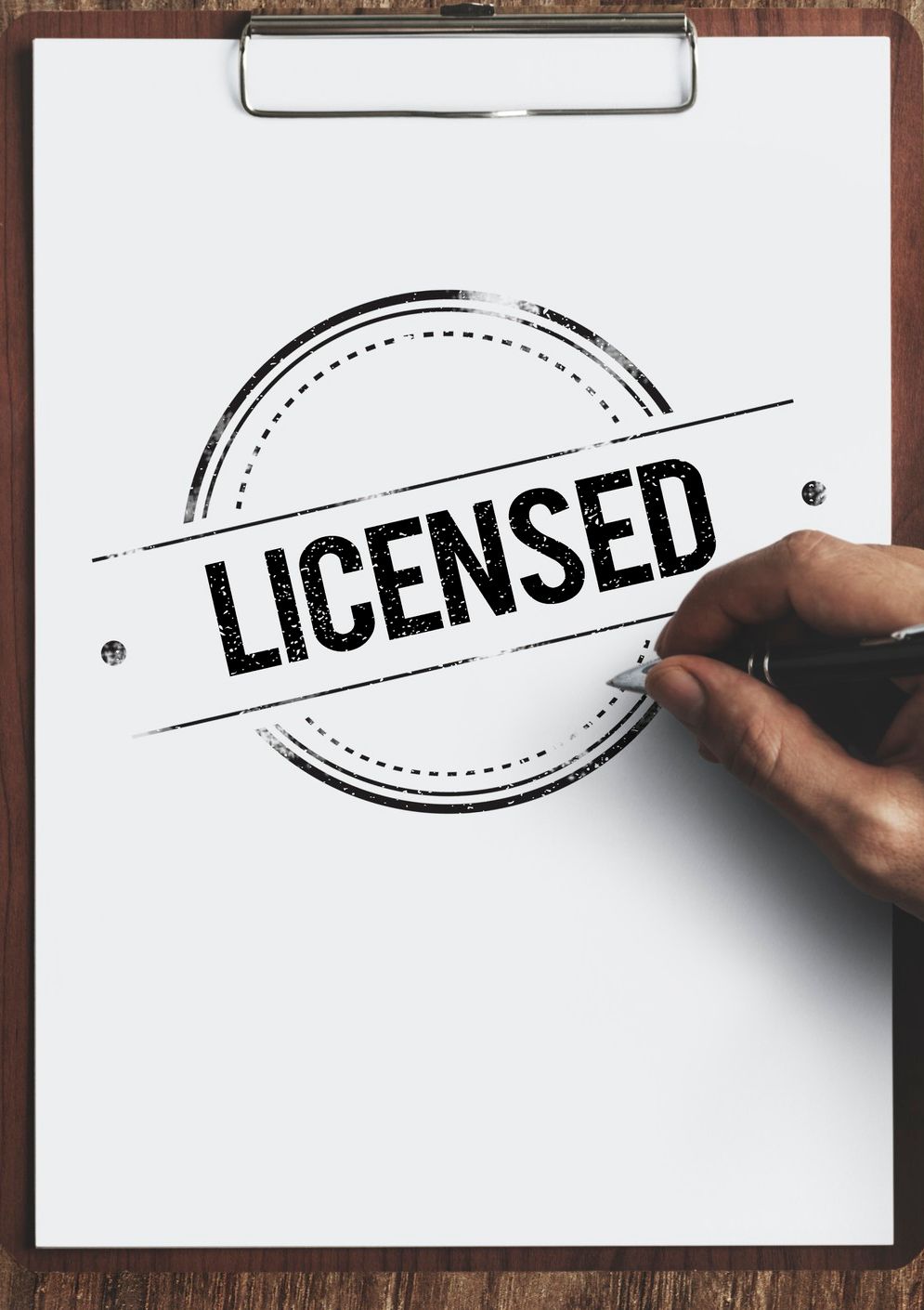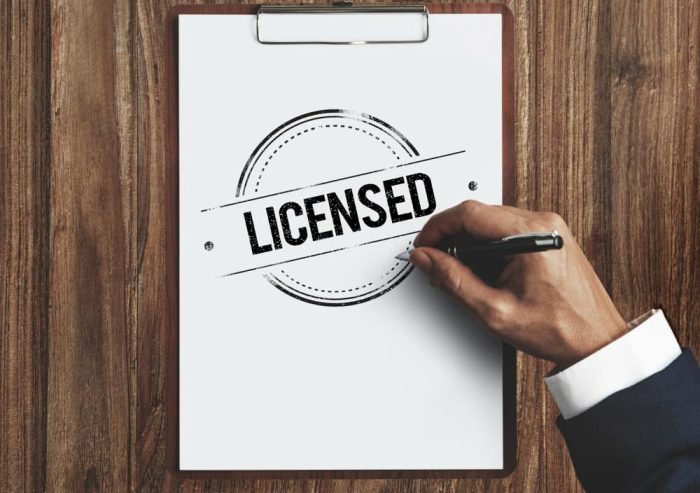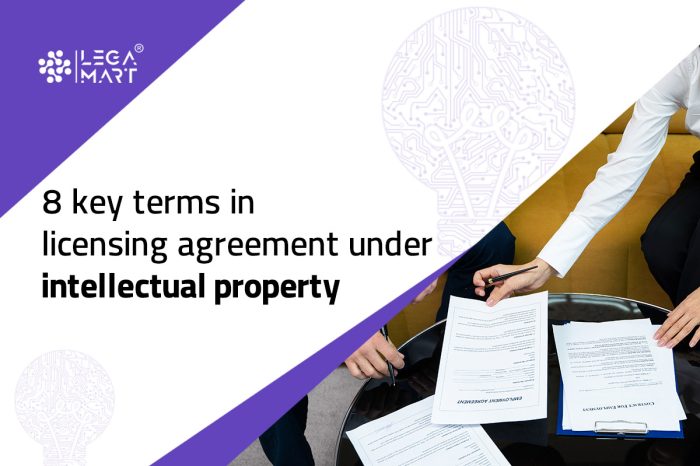Licensing agreement
A licensing agreement is a legal contract between the owner of intellectual property and a licensee, allowing the licensee to use the owner’s intellectual property for a specific purpose. It raises various legal issues, including intellectual property rights, the scope of the license, and the duration of the agreement. Licensing agreements also have international legal implications, such as governing law, jurisdiction, and dispute resolution mechanisms.
Find best lawyers for Licensing agreement
Issues related to Licensing agreement
What is Licensing agreement?
A licensing agreement is a legal contract between the owner of intellectual property and a licensee, allowing the licensee to use the owner’s intellectual property for a specific purpose. It raises various legal issues, including intellectual property rights, the scope of the license, and the duration of the agreement. Licensing agreements also have international legal implications, such as governing law, jurisdiction, and dispute resolution mechanisms.
A licensing agreement is a contract between two or more parties that allows one party (the licensee) to use the intellectual property of the other party (the licensor) for a specific purpose. Intellectual property can be anything from a patented invention to a copyrighted work of art or literature. For the licensor to grant the licensee permission to use its intellectual property, the licensor must first own the intellectual property and have the legal right to sell, license, or transfer it. The terms of a licensing agreement will vary depending on the specifics of each situation. Still, the licensor will typically retain intellectual property ownership and be responsible for maintaining it. The licensee will pay royalties or some other form. A licensing agreement is not validly concluded unless the parties to that have expressly consented to be bound by it. The best way to ensure that a licensing agreement is validly terminated is to have the parties sign it. However, even if the parties do not sign the deal, it may still be valid if they have orally agreed to its terms or if their conduct implies the agreement. Whether an agreement is legally binding depends on state law; in some states, unsigned paperwork may be enough to create a contract. If you believe that your licensing agreement has been breached, you should take the following steps:
- Review the terms of the agreement and determine precisely what has been violated.
- Notify the other party of the violation in writing, detailing how they have violated the agreement and what needs to be done to rectify the situation.
- If the other party does not respond or fails to resolve the issue, seek legal counsel to help enforce your rights under the agreement.
There are a few things to consider when protecting a licensing agreement internationally. First, it’s essential to understand the laws of the countries involved to determine if any specific restrictions or regulations need to be considered. Additionally, it’s crucial to have a clear understanding of the terms of the agreement and how they will be enforced and to put in place mechanisms for dispute resolution in case any issues arise. Finally, it’s essential to have a good communication plan in place to keep all parties up-to-date on any changes or developments. There are many different types of insurance available for licensing agreements, depending on the type of agreement and the parties involved. Some common types of insurance include third-party liability insurance, product liability insurance, and intellectual property insurance. Third-party liability insurance protects the licensor from claims arising from the licensee’s activities, while product liability insurance protects against claims arising from defects in the licensed product. Intellectual property insurance protects against losses arising from infringement of the licensor’s intellectual property rights. When it comes to licensing agreement disputes, there are a few things you need to keep in mind.


First and foremost, you need to ensure that you have a clear and well-defined agreement. This agreement should spell out the specific responsibilities of each party and any requirements or limitations on the use of the licensed material. It can be challenging to resolve a dispute without an explicit agreement. If you have a dispute, the first step is trying to fix it through negotiation between the parties involved. If that doesn’t work, the next step is often mediation or arbitration. There are a few ways to terminate a licensing agreement. The first is through mutual understanding between the licensor and licensee. This is typically done when both parties agree that the terms of the agreement are no longer serving their best interests or if the licensed product is no longer being used. The second way to terminate a licensing agreement is through breach of contract. If either party violates the terms of the agreement, the other party can choose to remove the deal. Finally, some licensing agreements include a provision for automatic termination after a specific timeframe has elapsed. In any case, it’s always best to consult with an attorney before taking any action to terminate a licensing agreement.
Latest Articles
Tell us more about your problem.
Please give a brief description about what it is you need to talk to our lawyers about ?
Frequently Asked Questions
What are the terms I should negotiate in a UK-based licensing agreement?
In the UK, licensing agreements should outline the terms and conditions of the license, including fees, payment arrangements, the scope of the license, and intellectual property protection.
What are the benefits of licensing agreements in China?
Licensing agreements can be a beneficial way to expand your business into China. You can access local distribution channels, leverage local expertise, and use existing networks to grow your business.











